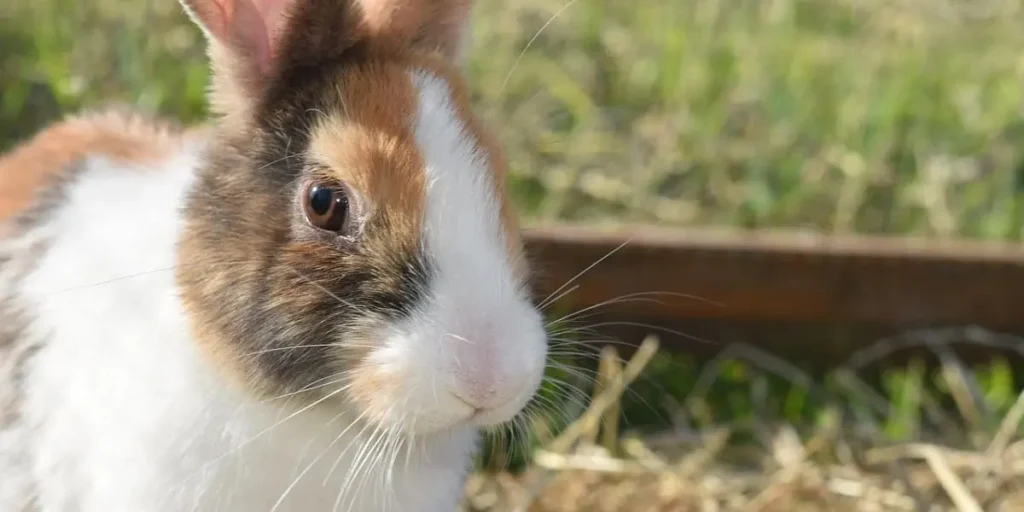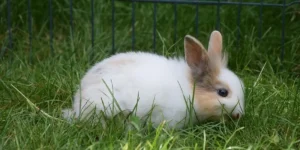Table of contents
Your Rabbit’s Nutritional Needs
Rabbits require a diet rich in fiber, with small amounts of plant-based protein. Essential vitamins and minerals are mainly found in hay and fresh grass provided continuously.
Hay
Hay should make up the majority of your rabbit’s diet. It is high in fiber, prevents obesity, and helps wear down teeth naturally. Always provide hay to prevent destructive chewing.
Good hay is green and may contain dandelion flowers. Place hay near the litter box, as rabbits often eat right after defecating. Ensure it stays clean and dry.
Grass
Like hay, fresh grass should always be available. Constant chewing keeps teeth worn down and supports digestion.
Vegetables
Vegetables should be introduced gradually to avoid digestive upset. Herbs like dill or parsley are great options, but avoid lettuce, which is difficult for rabbits to digest.
Pellets
Pellets are nutrient-dense foods containing essential elements for rabbit health. Choose pellets specifically formulated for rabbits, not seed mixes, as rabbits may pick through them and develop nutritional deficiencies.
Feeding Frequency
Rabbits graze all day and often eat more at night. Provide unlimited hay and grass. Limit pellets to no more than two tablespoons per day.
Why Rabbits Eat Their Droppings
Coprophagy is normal in rabbits. They reingest soft feces called cecotropes, rich in protein, vitamins, and minerals that were not absorbed the first time through digestion.
Vegetables to Give in Small Quantities
Offer the following vegetables in moderation: Asparagus, artichoke leaves, basil, beetroot, chard, broccoli, carrots, celery root, cabbage, Brussels sprouts, cauliflower, spinach, radish and sunflower leaves, green beans, oregano, nettles, parsley, dandelion, peppers, thyme, and Jerusalem artichoke.
Keeping Your Rabbit Hydrated
A rabbit’s normal body temperature is around 39°C (102°F). Proper hydration helps maintain this balance. Rabbits do not sweat, so they can overheat quickly. Ensure access to fresh water via a bottle or dish.
During hot weather, offer hydrating vegetables such as cucumber, melon, watermelon, and tomato.
Fruits in Moderation
Fruits are treats for rabbits. Because they are high in sugar, they should only be given occasionally and in small amounts. Some fruits may also be toxic, so choose carefully.
Foods to Avoid
Certain foods are toxic to rabbits and should be strictly avoided: Rhubarb, garlic, potatoes, onions, hazelnuts, soy, sorrel, peas, and sage.
Rabbits are strict herbivores and must not eat animal protein. Their diet should include:
- Continuous hay and grass
- Pellets
- Vegetables and greens
- Fruits as occasional treats
Rabbits eat throughout the day and nibble at night. Avoid overfeeding – for instance, a dwarf rabbit should not exceed 2 kg. Hydration is crucial, especially during hot weather.


